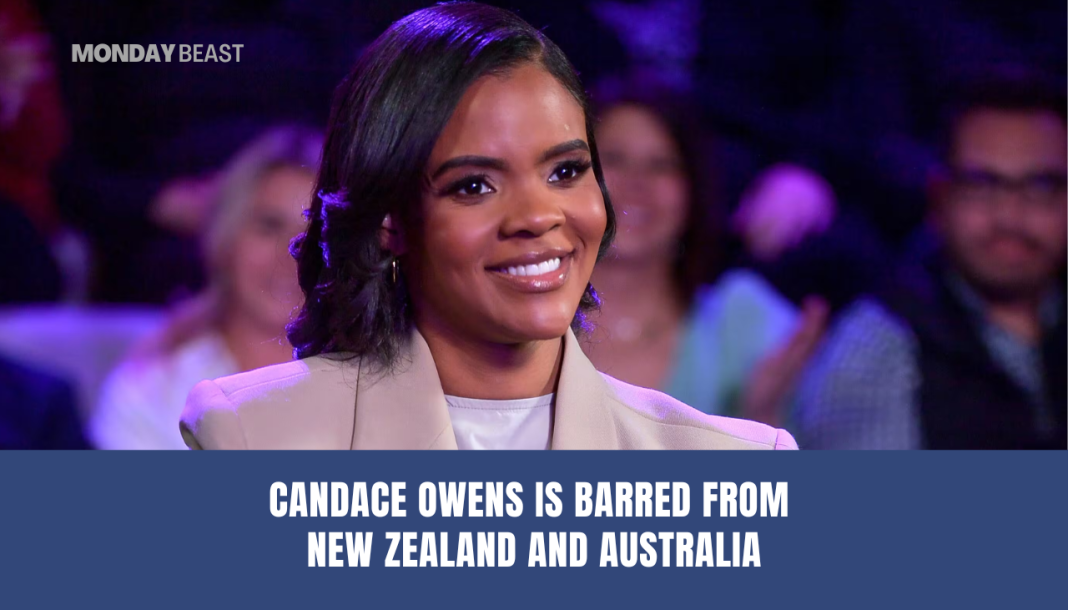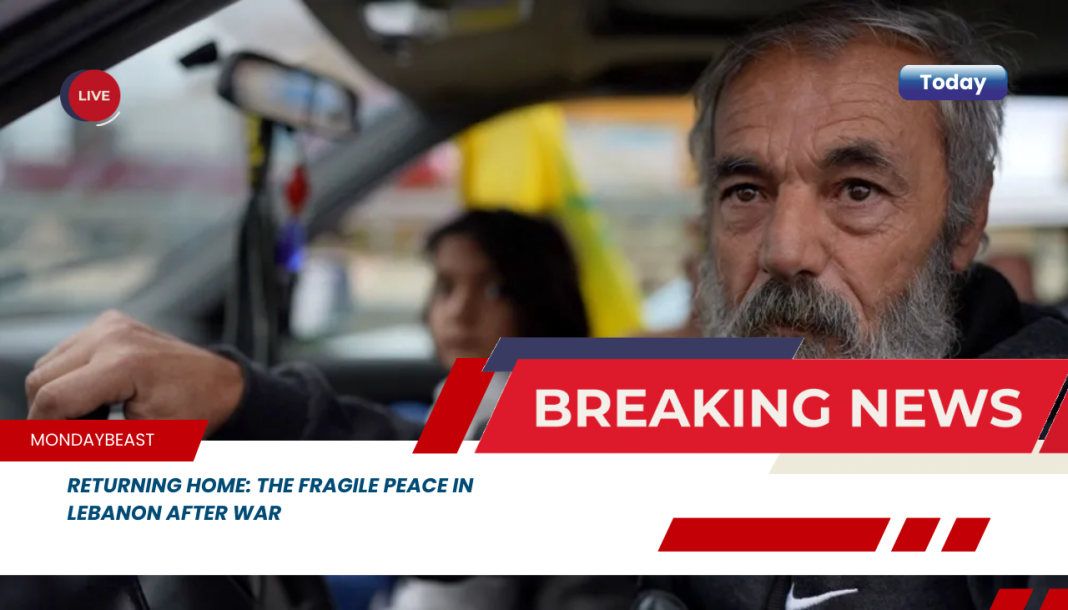Understanding the Visa Ban
Recently, Candace Owens, the prominent conservative commentator, faced a disturbing setback. Her visas for both Australia and New Zealand were denied. This has raised eyebrows and sparked debate about the implications of such bans on free speech.
Why would two countries reject a speaker so staunchly aligned with their ideals? For many, her views seem like a genuine expression of opinion. Yet, to others, they appear harmful.
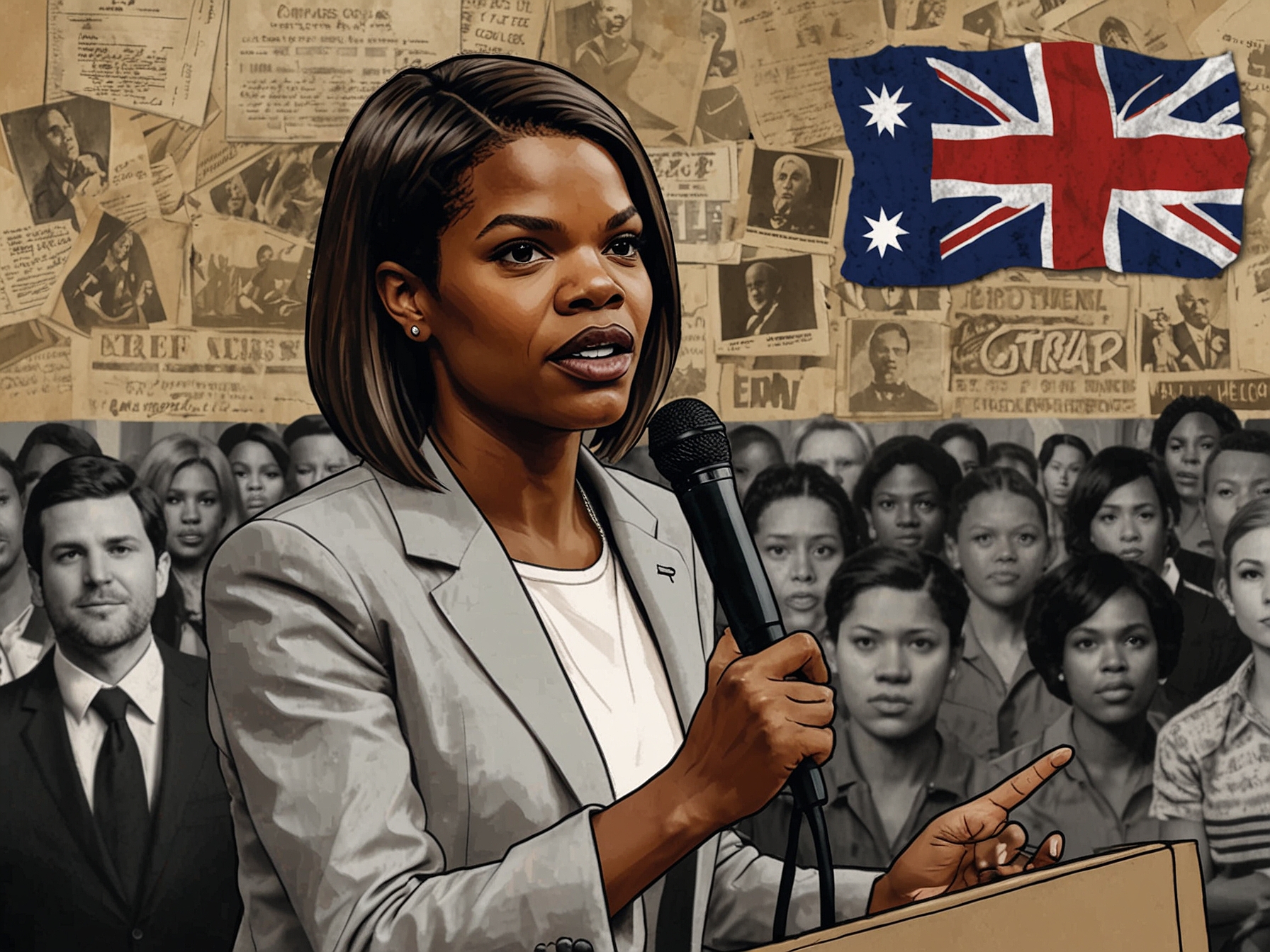
Owens has a sizable online following. Her YouTube channel boasts over 3 million subscribers. Many of her supporters claim she speaks truth to power.
But her critics argue her words fuel division. With phrases like “capacity to incite discord,” officials have cast a wide net over her public persona. It’s a tangled web of beliefs and reactions.
The Charges Against Owens
What led to these bans? At the heart of the controversy rests Owens’ remarks on sensitive historical issues. Detractors often highlight her perspectives on the Nazi regime.
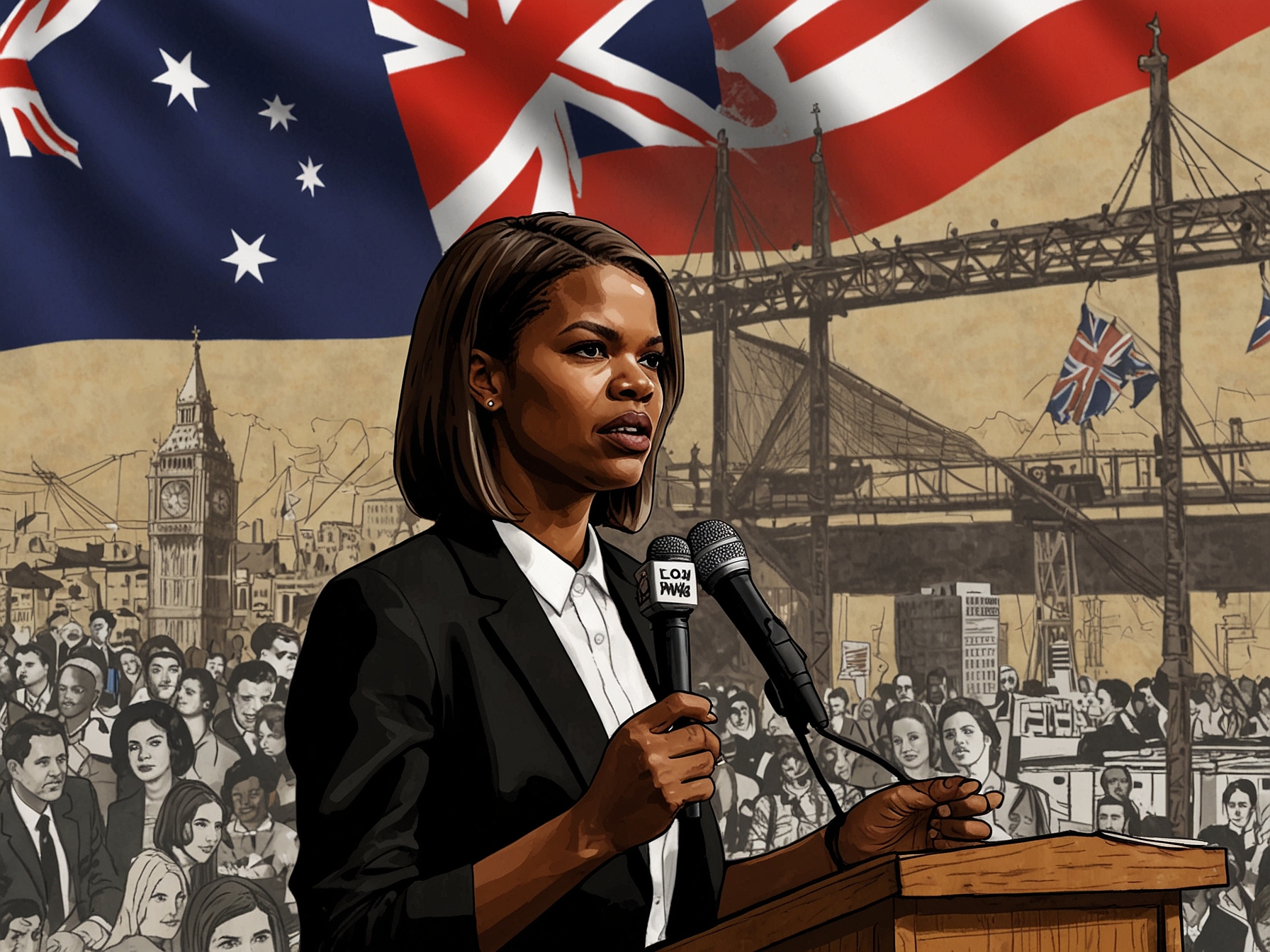
Her claims dismissing the severity of Holocaust events sparked outrage. So, could countries block her from speaking based solely on freedom of expression? Officials noted the national interest is at stake.
In Australia, Jewish community leaders voiced their worries. They argued that Owens’ rhetoric endangers societal cohesion. The Immigration Minister said the best interest lies elsewhere for Owens.
But what does this mean for the complexity of free speech? Where’s the line drawn?
Implications for Free Speech
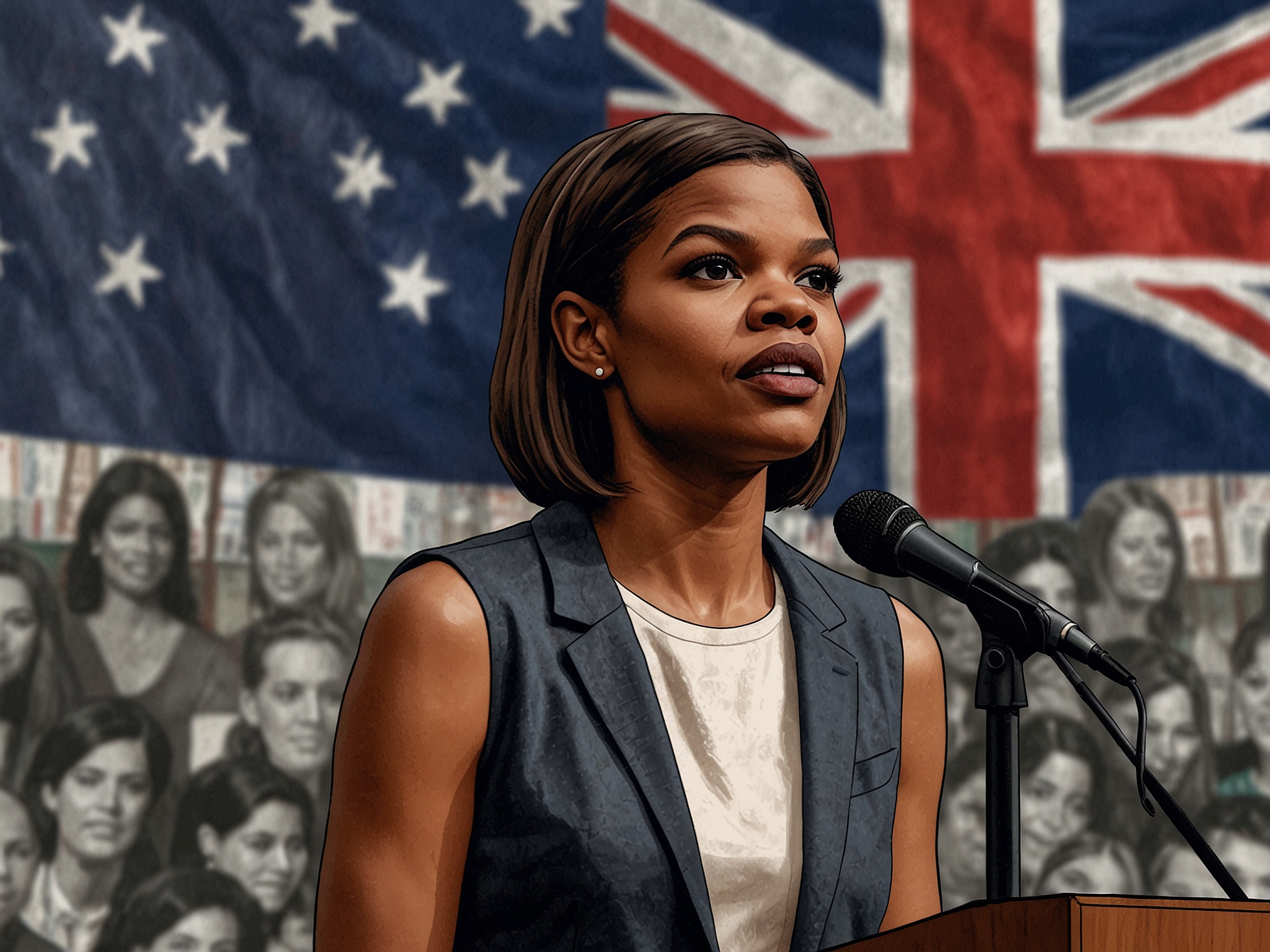
These developments raise critical questions. Are we truly entitled to express unpopular opinions? Or do the potential consequences lead to censorship?
This topic isn’t just about Owens; it echoes a broader discussion in America. Many voice concerns about their right to speak freely without fear of backlash. Owens anticipated discussing faith and speech when she announced her tour.
But does every voice deserve a platform? The implications for censorship could stretch well beyond her case. A slippery slope could arise.
The Role of Media
Media portrayal has shaped public perception significantly. Critics argue she provides a platform for dangerous ideologies. Supporters see her as a challenge to mainstream narratives.
Social platforms amplify this debate further, pitting audiences against each other. It raises another question: how are perspectives curated and shared? You’re probably wondering how this affects you.
When does an idea cross the line to harmful rhetoric? As social media continues growing, it transforms dialogue into a complicated exchange of sentiments.
Navigating Public Sentiment
What does this mean for future speakers? Will other public figures hesitate to express contentious views? The fear of backlash looms large.
They might reconsider speaking engagements abroad. For some, this merely reflects a necessary safeguard against hate. To others, it feels like the erosion of personal freedoms.
Conversations around this topic are often heated. Finding a middle ground appears increasingly challenging.
Thoughts on Engagement
So, what’s next for Candace Owens? Her promoter has not commented on the status of her speaking tour. Is this a moment of retreat or a stepping stone for igniting further conversations?
The case of Owens demonstrates the potential consequences of crossing societal lines in discourse. With uncertainties unfolding in the political landscape, how do you view these events?
What are your thoughts on the balance of free speech? Your opinions could contribute to a larger dialogue on this very issue. How do we navigate the complexities of beliefs across borders? The answer may lie within our capacity to have open, honest conversations.

